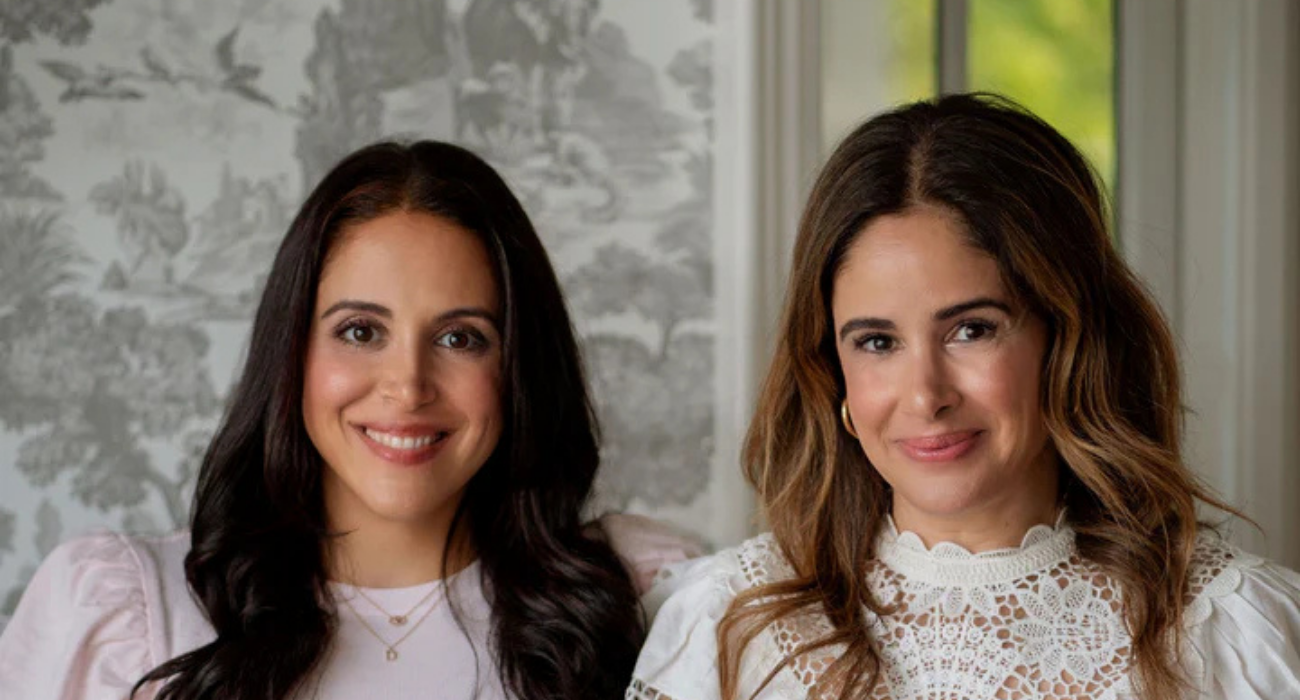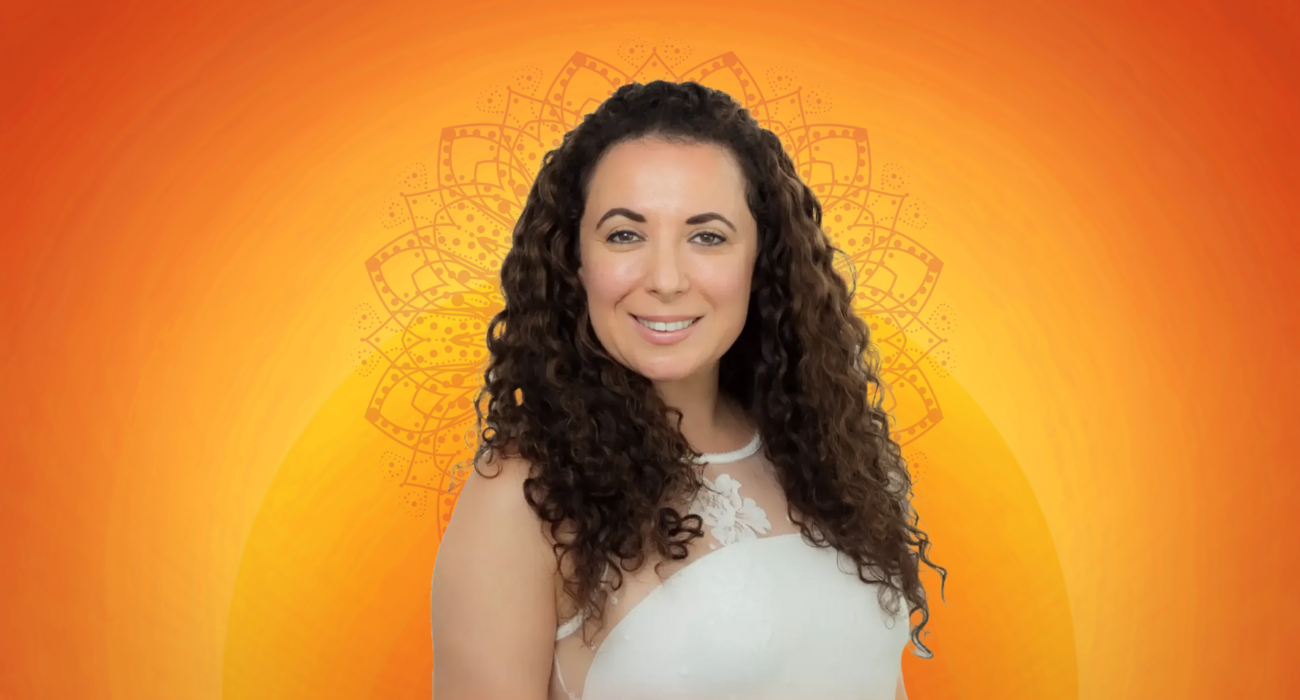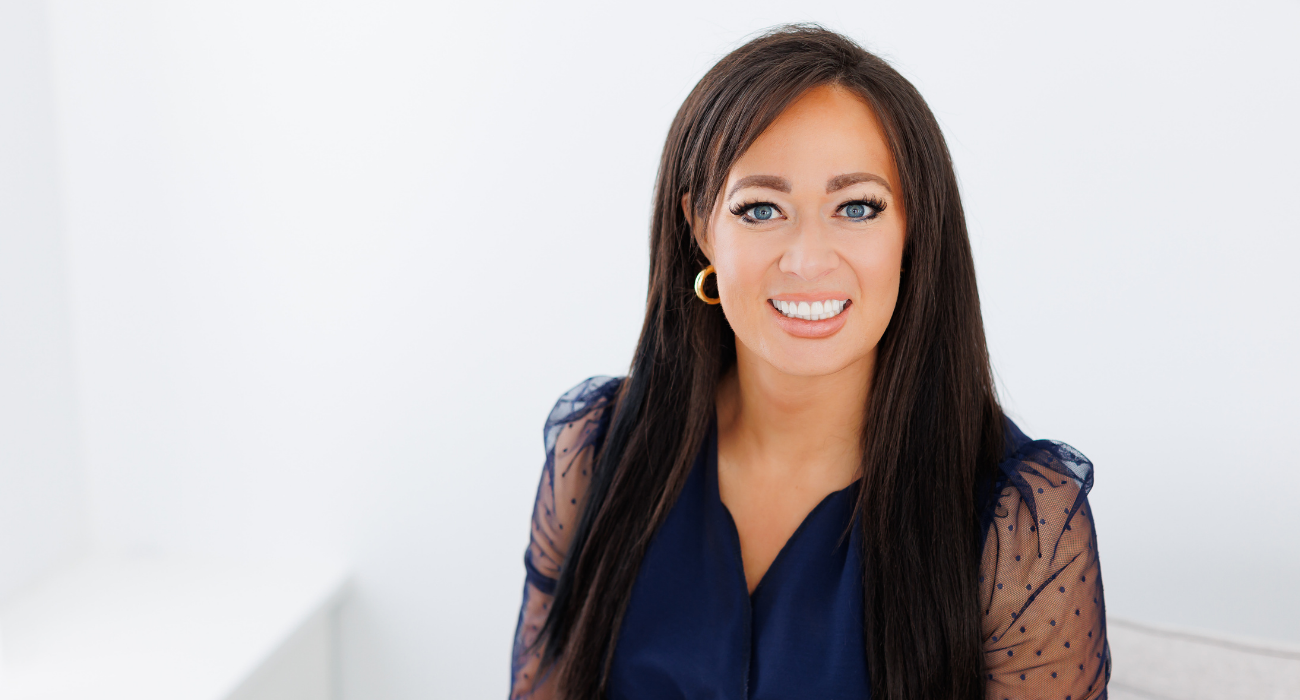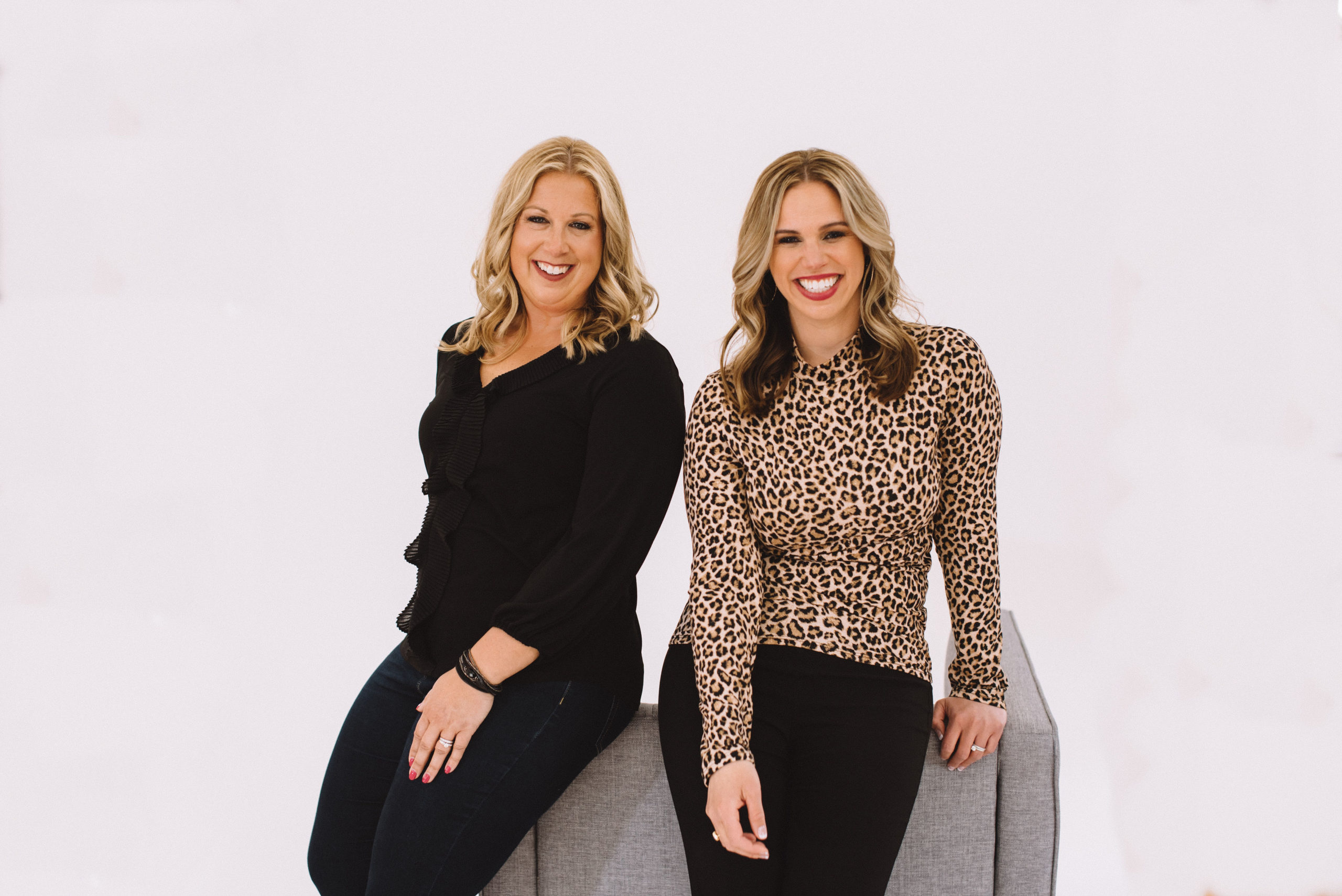Adam Roa never chased influence. He chased truth.
Before millions of people would memorize his words, before “You Are Who You’ve Been Looking For” became the most viewed live poetry performance in history, Roa was an actor sleeping in his aunt and uncle’s garage in Los Angeles—learning how to survive rejection without losing himself.
“I never saw myself as a thought leader,” Roa says. “I just wanted to create.”
When the Win Isn’t a Win
The poem that launched Roa into global visibility hit 40 million views in 48 hours. It should have been a victory lap. Instead, it initiated a reckoning.
Behind the scenes, Roa spiraled into depression. The message of self-love he’d offered the world demanded embodiment—not performance.
“That poem forced me to confront the truth,” he shares. “I didn’t know how to love myself.”
Capacity Is the Real Currency
Roa explains that success is energetic. Visibility, money, love—they all require a nervous system capable of holding them.
“When my poem went viral, my system wasn’t ready,” he admits. “It fried me.”
The work that followed wasn’t about scaling—it was about strengthening the vessel.
Love as an Expansive Force
In Roa’s framework, love isn’t romanticized sentiment—it’s expansion. The same force that grows galaxies, beats hearts, and calls us forward.
He identifies three relationships that define a life:
The relationship with self
The relationship with others
The relationship with life itself
Without self-holding, romantic love becomes compensation rather than connection.
From Independence to Interdependence
Roa critiques modern entrepreneurship’s obsession with independence. Freedom without relational skill leads to isolation.
“We’re not taught how to hold space, communicate boundaries, or receive feedback,” he says. “Yet those are the skills that actually sustain love and leadership.”
Crazy Love: Art Without Armor
Set for release in February 2026, Crazy Love is Roa’s most vulnerable work to date—a decade of unfiltered journal entries and poetry written never to be read.
The book opens with an invitation, then leaves readers alone inside the terrain of heartbreak, devotion, and reclamation.
“It’s a turning of a page,” Roa says. “Not just for me—but for anyone willing to meet themselves honestly.”
Connect with Adam Roa
Website: adamroa.com
Instagram: @adamroa
Book waitlist: adamroa.com/crazylove
- Ted Talk: Click here to watch




